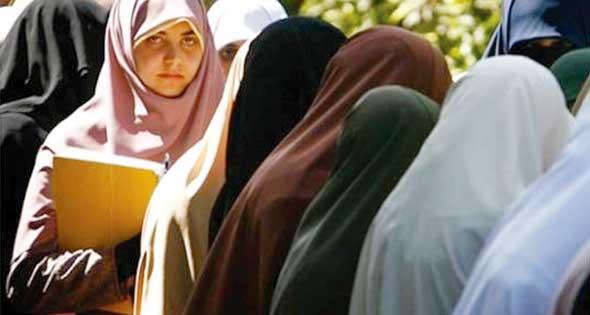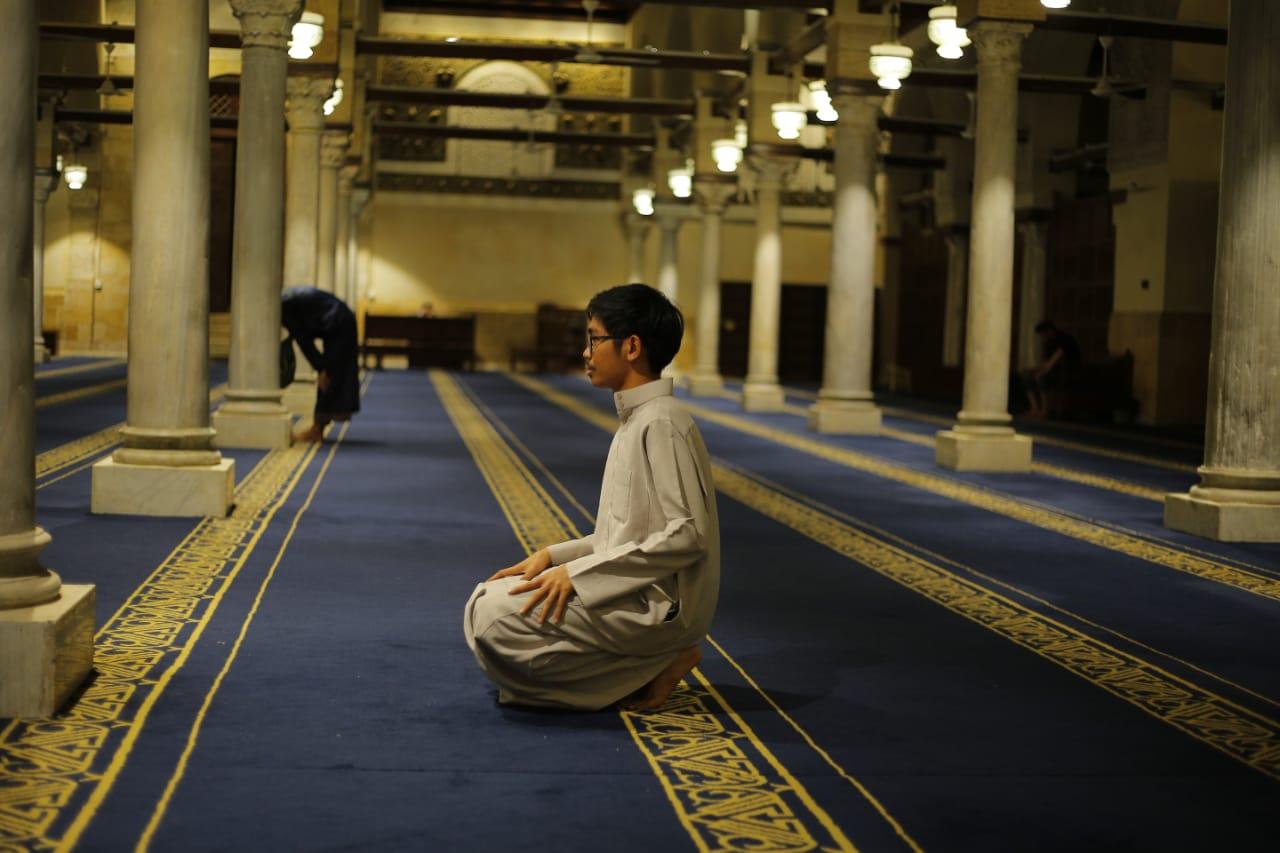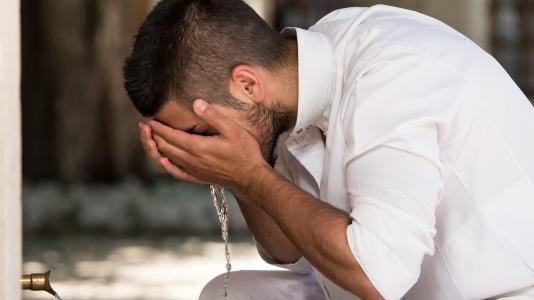Grand Mufti Explains in Detail: A Woman’s Prayer in the Niqab Is Valid but Disliked
Dr. Nazir Ayyad, Egypt’s Grand Mufti, issued a detailed statement clarifying that a woman’s prayer while wearing the niqab is valid according to Islamic law but disliked unless there is a valid reason, as it prevents full prostration as taught by the Prophet ﷺ.

Dr. Nazir Ayyad, the Grand Mufti of Egypt, received a question submitted to Dar al-Ifta regarding the ruling on women praying while wearing the niqab. The inquiry came from a university student who observed her fellow classmates praying in the women’s prayer hall with their faces covered and asked about the proper Islamic ruling.
The Mufti clarified through Dar al-Ifta’s official website that a woman’s prayer is valid as long as her entire body is covered except for her face and hands. However, covering the face during prayer without a legitimate reason is disliked because it contradicts the completeness of prostration and the Prophet’s guidance.
He explained that the dislike stems from the fact that the niqab prevents the forehead and nose from touching the ground directly during prostration, which affects the perfection of the act of sujood (prostration). He cited the hadith of Ibn Abbas (may Allah be pleased with him) in which the Prophet ﷺ said:
“I have been commanded to prostrate on seven bones: the forehead (and he pointed to his nose), the hands, the knees, and the toes of the feet, and not to fold up garments or hair.”
(Reported by al-Bukhari and Muslim).
He also referred to the hadith of Abdullah ibn Amr (may Allah be pleased with him) where the Prophet ﷺ said:
“None of you should pray with a garment covering his nose, for that is from the acts of the devil.”
(Reported by al-Tabarani).
Dr. Ayyad further noted that Islam does not require women to wear the niqab during prayer, as the face is not considered part of the ‘awrah (parts to be covered) in prayer. He emphasized that revealing the face during worship reflects the beauty of humility and ease in Islamic law, encouraging women to follow the Prophet’s example in performing their prayers completely and sincerely.
He concluded by reaffirming that the niqab remains a respected form of modesty outside prayer but should be lifted during the act of worship unless there is a valid reason. Worship, he said, should always be performed in accordance with the prophetic guidance, with neither addition nor omission.
أوضحت سنة النبي ﷺ أن هناك 4 عبادات صالحة تعادل قيام الليل، منها صلاة الجماعة وقراءة القرآن وحسن الخلق، ليحصل المؤمن على ثواب عظيم دون عناء.
تؤكد دار الإفتاء أن قراءة سورة يس لها فضل عظيم، ويجوز قراءتها بنية قضاء الحاجات والتفريج من الكربات، مع العلم بأن استجابة الدعاء بيد الله تعالى.
الوضوء قبل النوم سنة عظيمة للرسول ﷺ، تجلب الطمأنينة وتحمي من الشرور، تعرف على 8 مكافآت ربانية لهذا العمل البسيط الذي يرفع درجات الإيمان ويغفر الذنوب.
الصدقة في الإسلام لا تقتصر على المال، فكل عمل نافع أو قول حسن هو صدقة، وهذه ستة أمثلة لأعمال يمكن للفقراء القيام بها دون نقود للحصول على الأجر العظيم.



